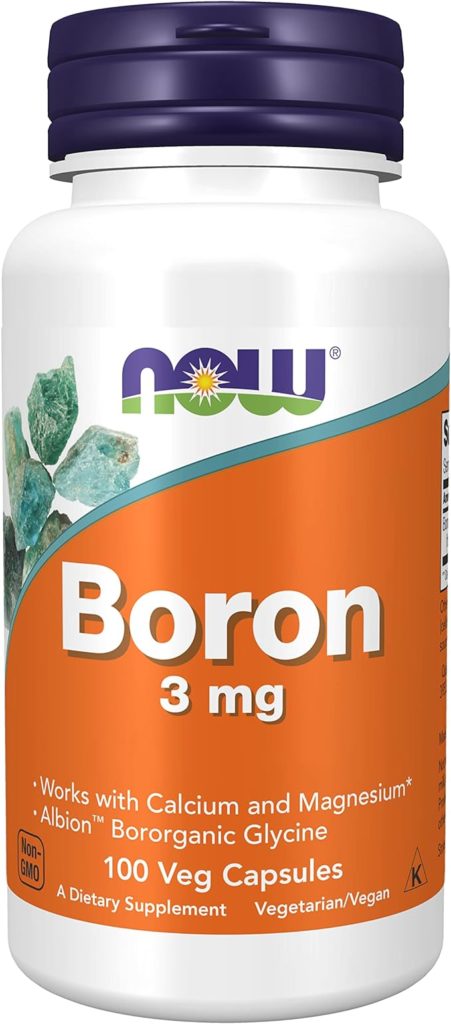As AI’s influence permeates various sectors, it’s no surprise to witness the surge in its application in areas like web development and search engine optimization (SEO). WordPress users, specifically, can leverage the advancements found in AI tools such as OpenAI’s GPT-3 (Generative Pretrained Transformer 3) to refine their SEO strategies.
GPT-3, currently one of the most advanced language models, can generate human-like text that offers an innovative approach to streamlining WordPress SEO. With its expansive linguistic understanding, GPT-3 can be utilized to optimize multiple elements of your WordPress site.
To start with, top-notch keyword-rich content is the cornerstone of SEO. Implementing relevant keywords throughout site content is crucial in improving rankings on search engine results pages (SERPs). Leveraging GPT-3’s linguistic prowess, web developers can automate the generation of context-appropriate, keyword-rich content that meets user intent. This AI-produced content not only tends to cater better to search engine algorithms, but also captivates human readers — a critical factor for improved SEO.
Moreover, quality backlinks have a major role in effective SEO, influencing search engine rankings significantly. GPT-3 can recommend highly relevant sites for backlinks to emphasize your site’s credibility and authority. Additionally, its ability to generate engaging, personalized outreach emails for backlink requests can elevate your link-building efforts.
Meta titles and descriptions, despite their often-overlooked status, also contribute significantly towards SEO. Apart from influencing click-through rates, these elements serve as a preview to search engines about a page’s content. GPT-3 can optimize these parts by generating concise, appealing meta titles and descriptions that incorporate primary keywords, thereby ensuring better SERP rankings.
Yet another crucial SEO factor within WordPress is the website’s speed. While GPT-3 may not directly influence site speed, it indirectly aids by generating optimized, streamlined content and code that can be processed faster, which in turn improves user experience and site speed.
WordPress plugins play an instrumental role in SEO. One of these, Rank Math, has integrated the capabilities of GPT-3, offering new automated content generation tools. These tools supply AI-produced content, which is not only SEO-compatible but also compliant with content guidelines of popular platforms like Google and Facebook.
To sum up, with the dawn of GPT-3, WordPress SEO is being redefined. By harnessing the AI’s ability to create quality, keyword-rich content, generate effective meta titles and descriptions, or recommend authoritative backlinks, web developers can automate several SEO tasks, saving time and ensuring consistency across their sites. Surveillance of how AI and SEO will evolve concurrently will be interesting, offering new prospects and automation avenues for WordPress users and others alike.
Although there is much scope for further advancements, the use of AI-powered tools like GPT-3 undeniably present a powerful pathway for streamlined, efficient SEO in WordPress – paving the way for superior discoverability and digital success.


